In entrepreneurship and investing, decision-making is crucial. The right approach can lead to innovation and growth, while poor choices can be costly. Various frameworks offer structured methods to navigate complexity, each tailored to specific scenarios. This article compares several popular decision-making frameworks, examining their relevance for startup founders and investors.
Overview of Decision-Making Frameworks
1. OODA Loop
Developed by military strategist John Boyd, the OODA Loop stands for Observe, Orient, Decide, Act. This model emphasizes agility, speed, and continuous iteration, making it ideal for high-stakes or rapidly changing environments. Startups facing intense competition can use this framework to outpace rivals by iteratively refining their strategies.
2. PDCA Cycle
The Plan, Do, Check, Act cycle, popularized by W. Edwards Deming, focuses on continuous improvement. It is widely used in quality management and operational efficiency. For startups, PDCA is invaluable in refining processes, testing MVPs (Minimum Viable Products), and iterating on product-market fit.
3. DECIDE Model
A structured framework, Define, Establish, Consider, Identify, Develop, and Evaluate, is particularly effective for tackling complex decisions. Startups can use the DECIDE model to evaluate pivotal decisions such as entering new markets or raising funds. Investors can apply it when assessing startup viability.
4. Kepner-Tregoe Matrix
This framework helps prioritize options by analyzing risks, benefits, and feasibility. It’s best for resource allocation and identifying trade-offs. Founders can use it to prioritize features or focus areas, while investors can analyze portfolio allocation.
5. SWOT Analysis
The classic Strengths, Weaknesses, Opportunities, Threats analysis is a versatile tool for pre-decision evaluations. It helps startups understand their positioning in competitive landscapes and guides investors in assessing market and startup potential.
Comparative Analysis
| Framework | Focus | Best Use Cases | Strengths | Weaknesses |
| OODA Loop | Agility and speed | Competitive strategy, rapid pivots | Fast, iterative | May overlook long-term impacts |
| PDCA Cycle | Continuous improvement | Product iteration, operational enhancements | Systematic, adaptable | Slower in fast-changing markets |
| DECIDE Model | Structured evaluation | Strategic decisions, funding, market entry | Logical, detailed | Can be overly rigid |
| Kepner-Tregoe | Prioritization | Resource allocation, risk evaluation | Data-driven, objective | Requires robust data input |
| SWOT Analysis | Situation assessment | Competitive analysis, strategic positioning | Easy to understand, flexible | Lacks actionable guidance |
Practical Applications for Founders and Investors
For Startup Founders
- Time-Sensitive Decisions
In fast-moving markets, the OODA Loop is a game-changer. Founders can quickly iterate on customer feedback, launch rapid experiments, and adjust strategies. - Resource Constraints
The Kepner-Tregoe Matrix is ideal for startups with limited budgets. It helps founders prioritize initiatives that maximize ROI, whether deciding between features or marketing strategies. - Stakeholder Alignment
SWOT Analysis and DECIDE models can align co-founders and team members by providing clear, structured approaches to evaluating ideas and risks.
For Investors
- Predicting Success
Startups that demonstrate strong decision-making frameworks are more likely to scale successfully. Investors should look for founders who apply frameworks like PDCA for continuous improvement or OODA for agility. - Portfolio Risk Management
The Kepner-Tregoe Matrix helps investors balance risk and opportunity in portfolio management. It ensures a data-driven allocation of resources across diverse investments. - Post-Investment Guidance
Investors can guide startups in adopting frameworks that suit their growth stage. For instance, early-stage startups might benefit from OODA, while scaling startups could use PDCA.
Synthesis and Recommendations
Each framework has unique strengths, but combining them can yield even better results. For example:
- Use SWOT Analysis to identify challenges, then apply the Kepner-Tregoe Matrix to prioritize solutions.
- Combine the OODA Loop for rapid experimentation with PDCA to ensure long-term optimization.
Startups and investors alike should customize these frameworks based on their specific needs. Agile adaptation, informed by data and structured methods, is the key to thriving in uncertain markets.

Navigate Complexity
Join our sessions and empower your decision-making!
Our validated framework, trusted by over 500 companies, is designed to help founders make smarter, more effective choices for success. Don’t miss the chance to elevate your business strategy—let’s innovate together!




